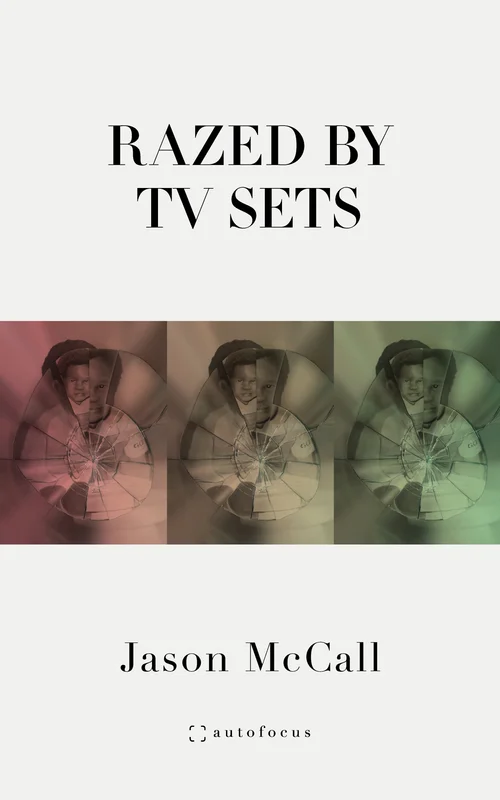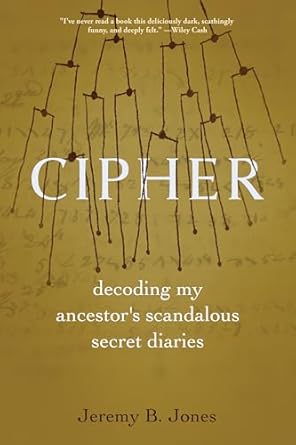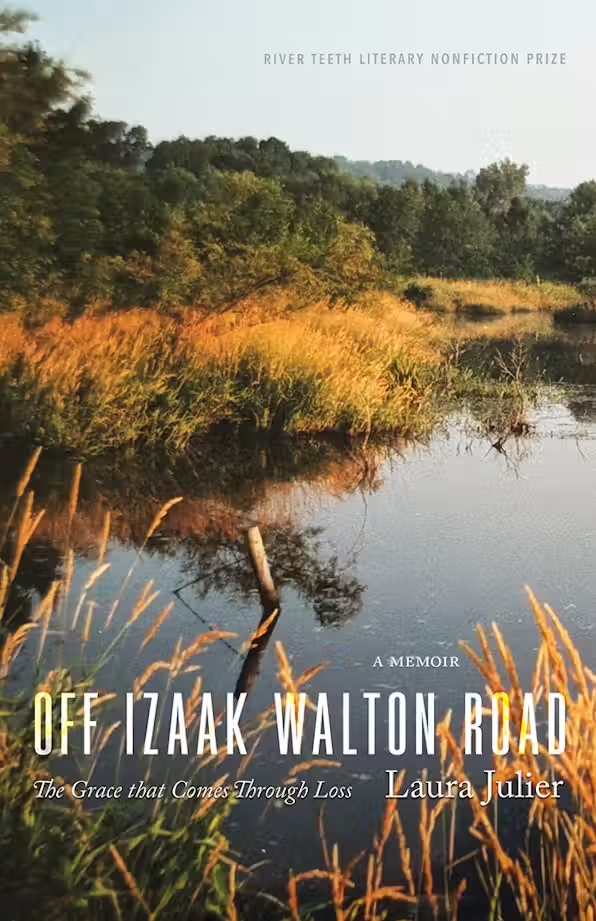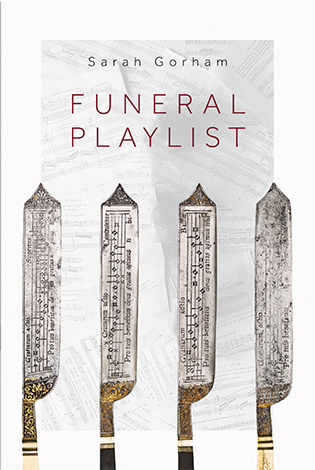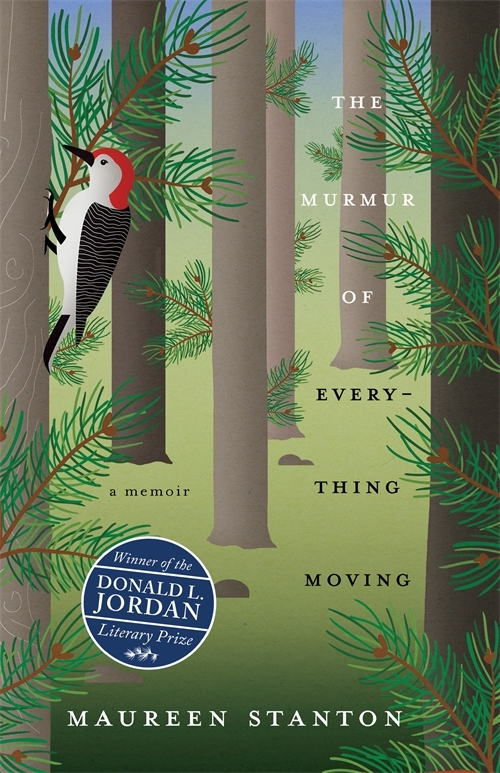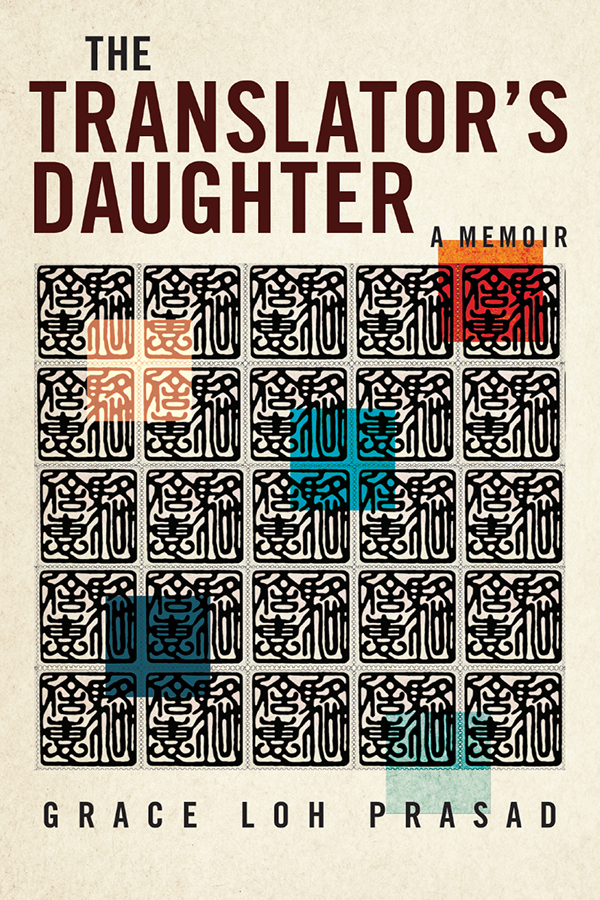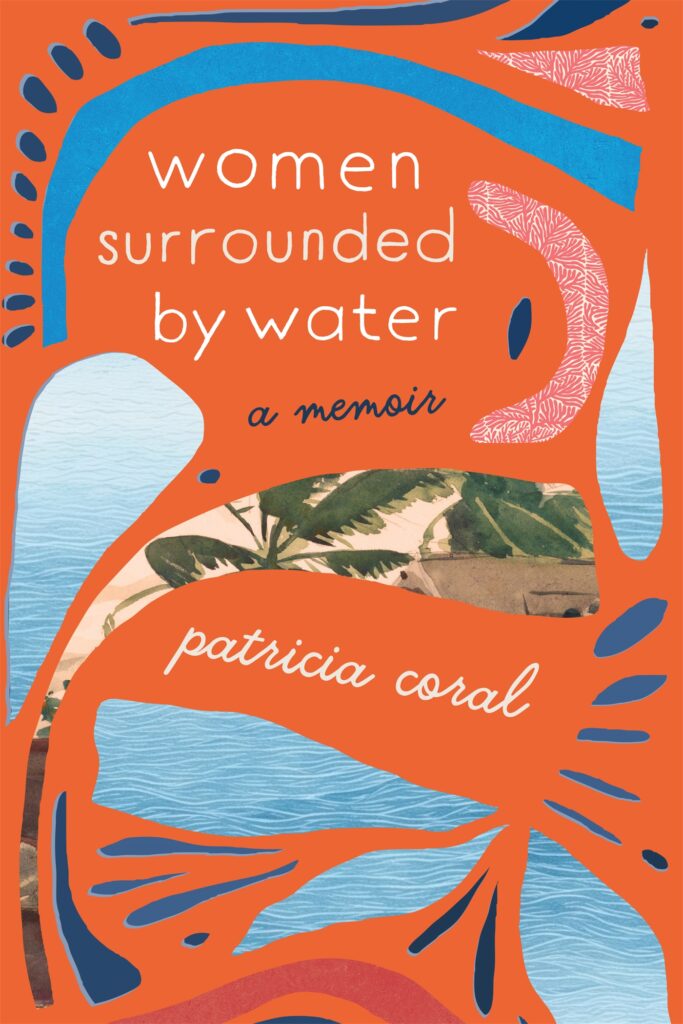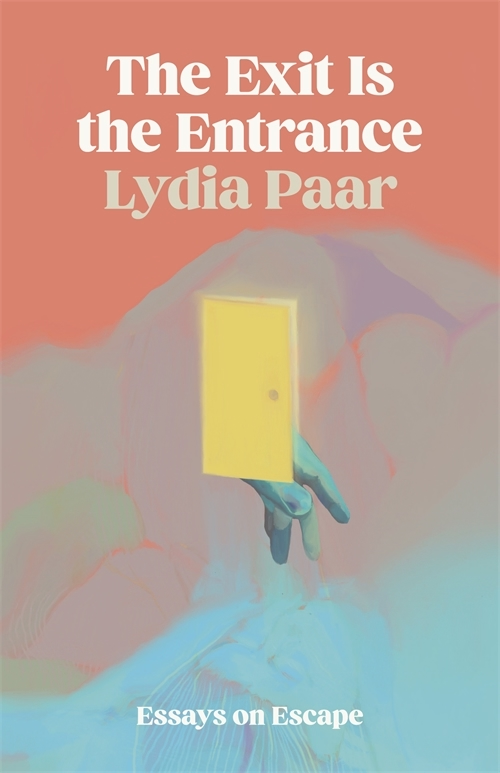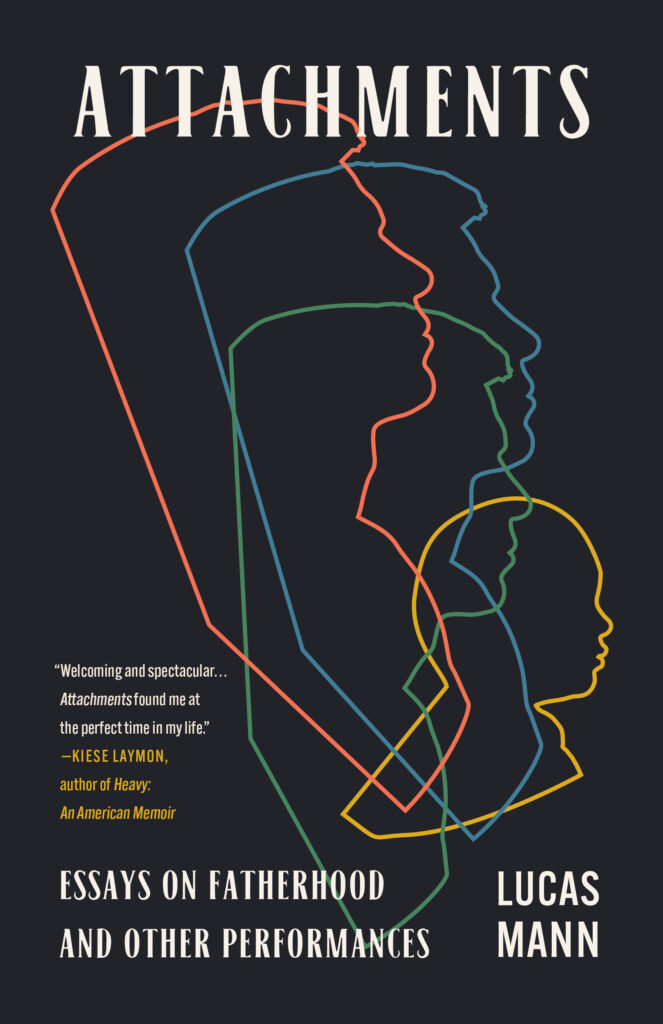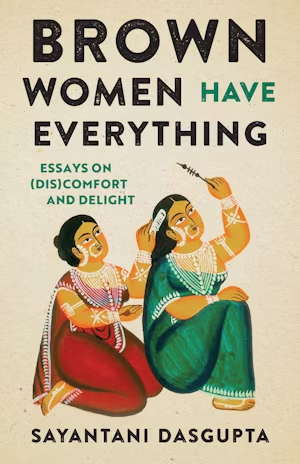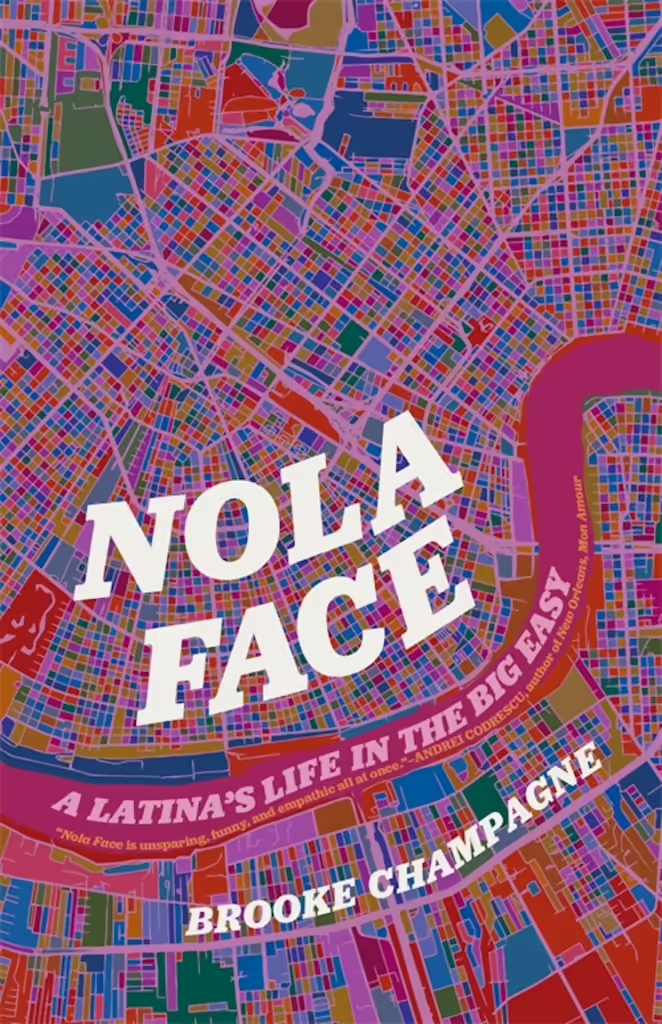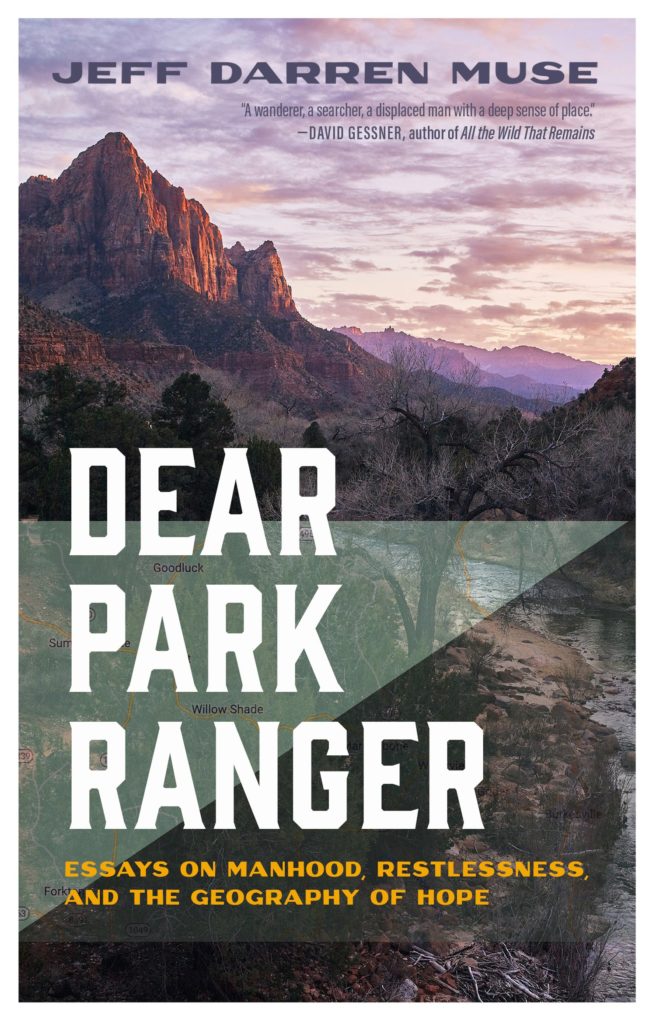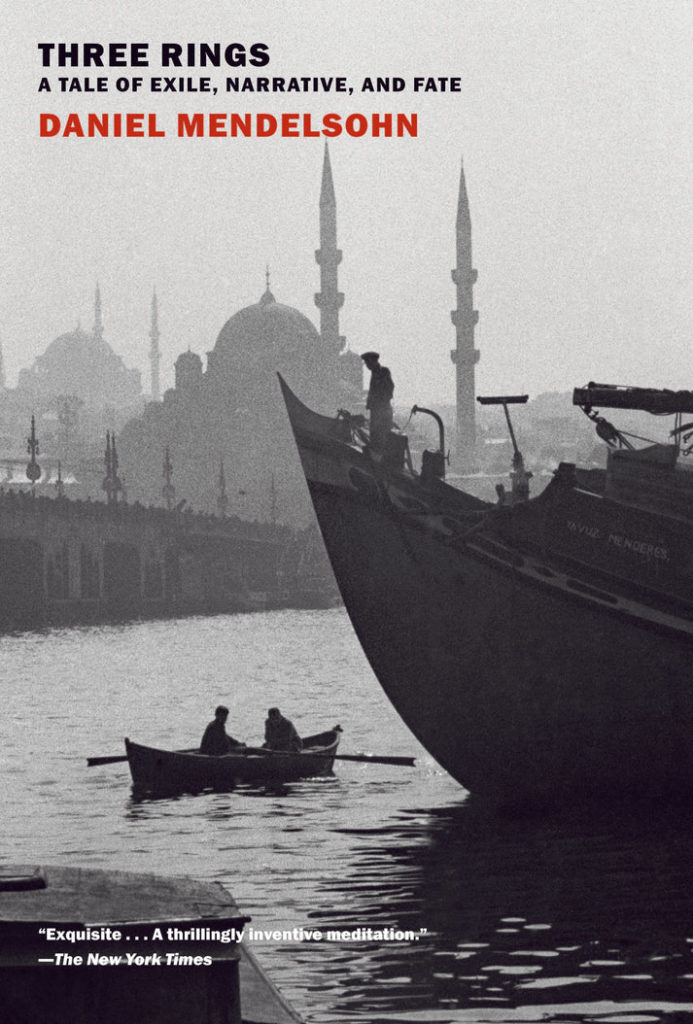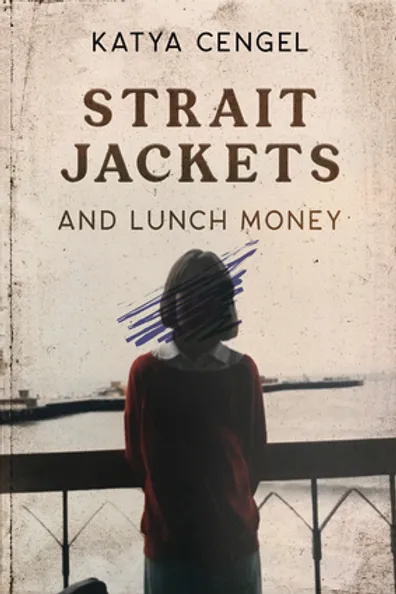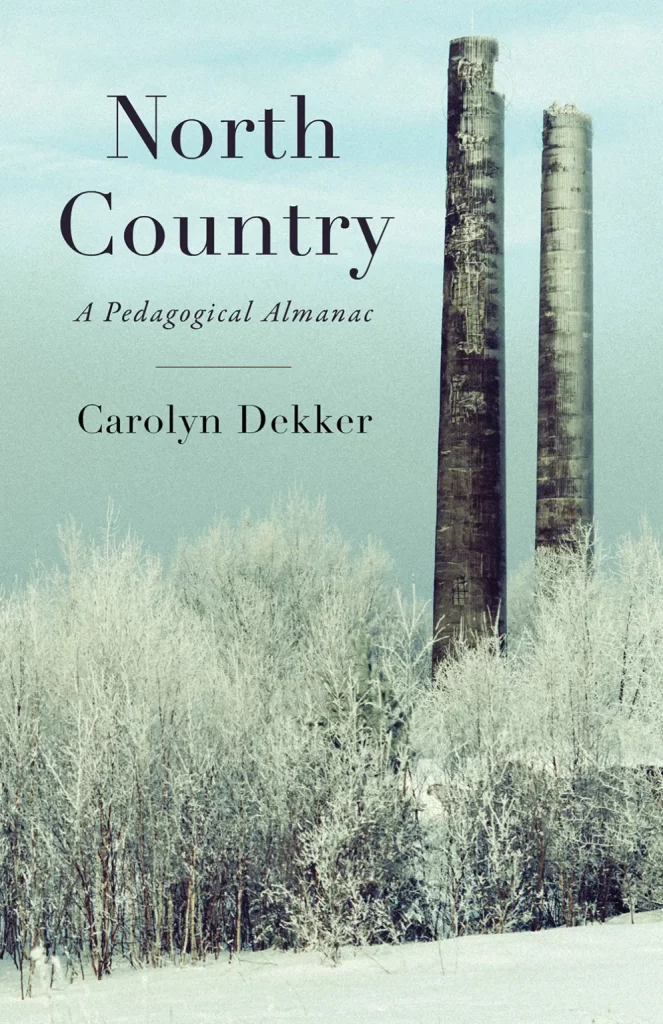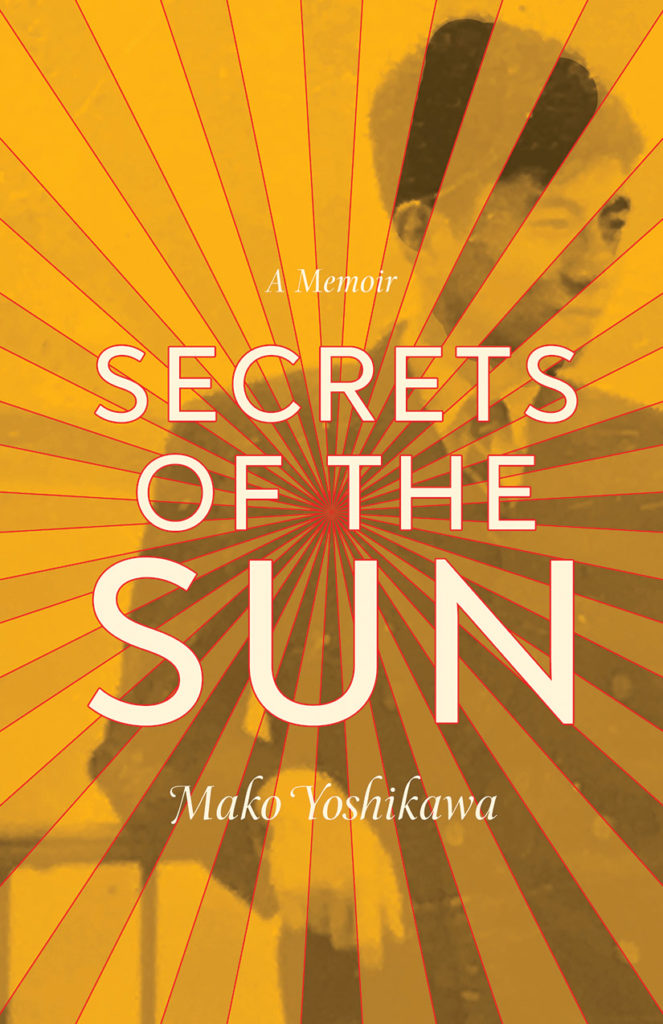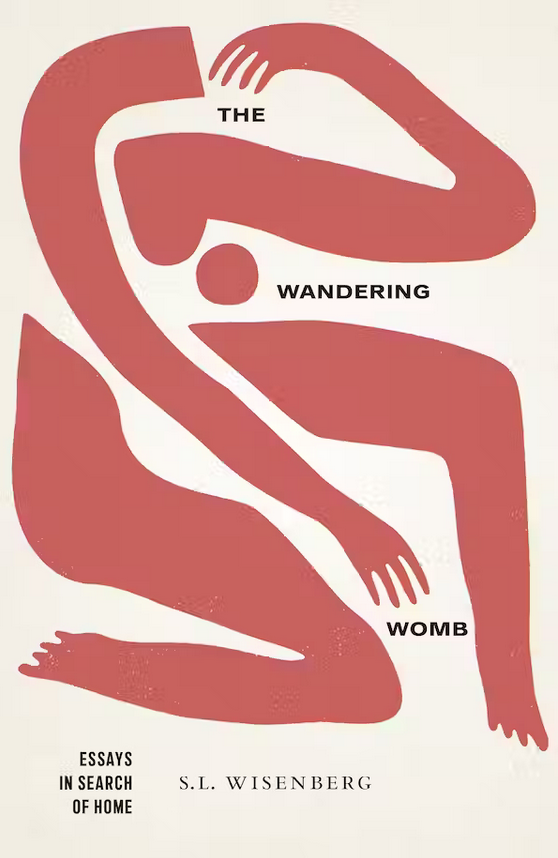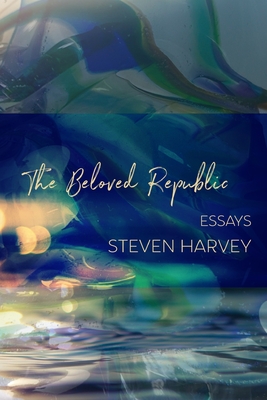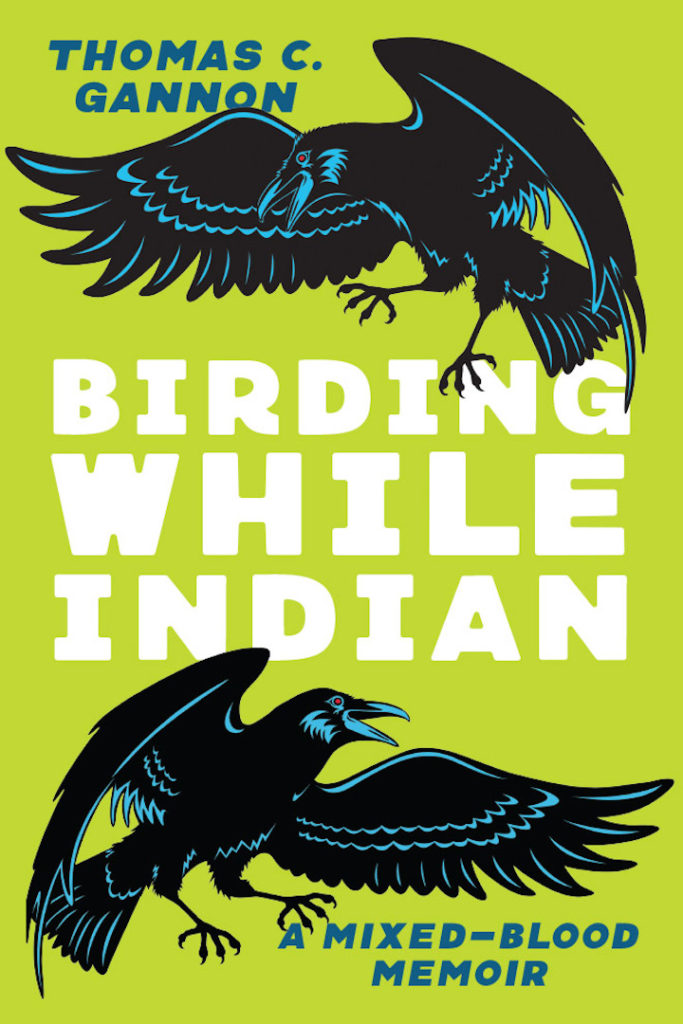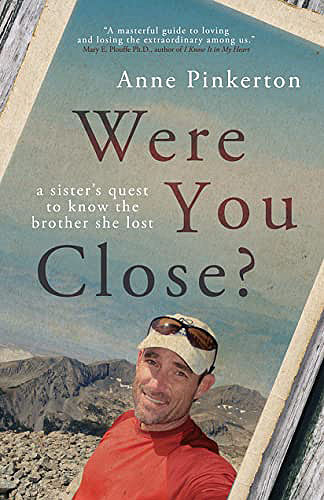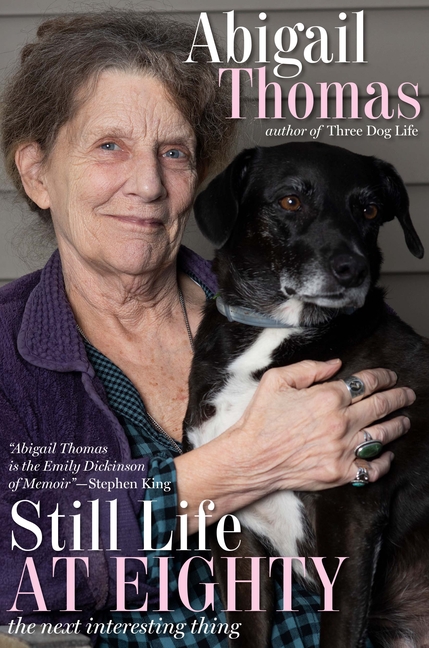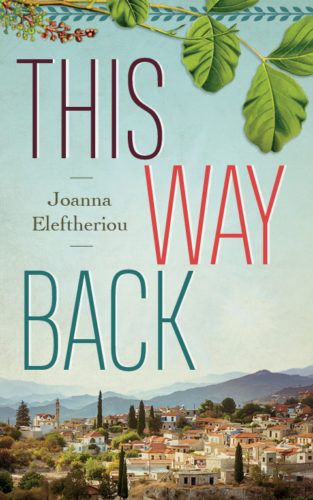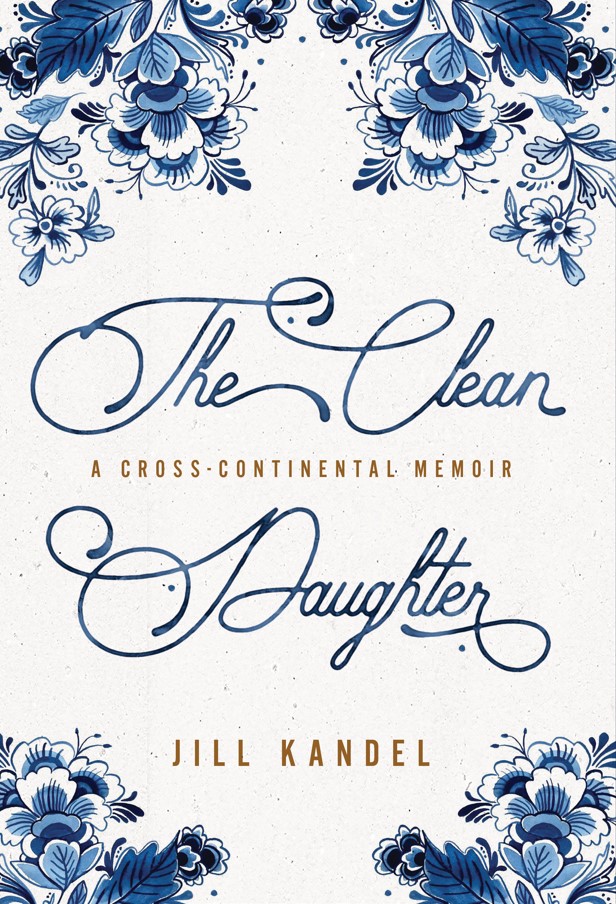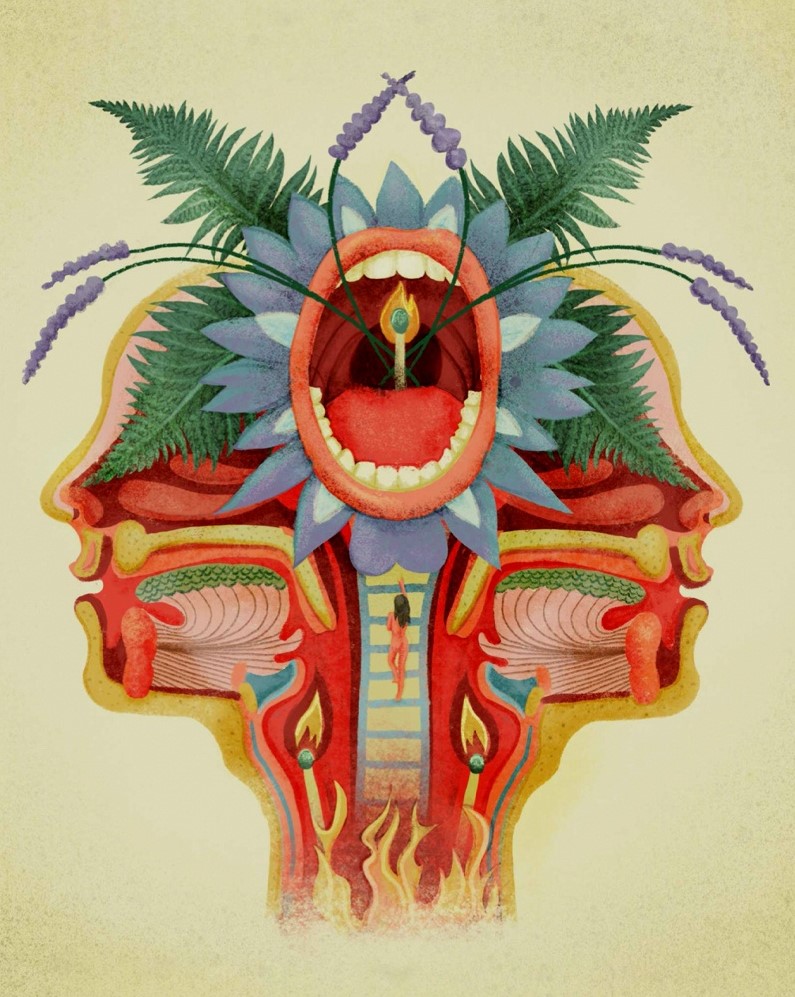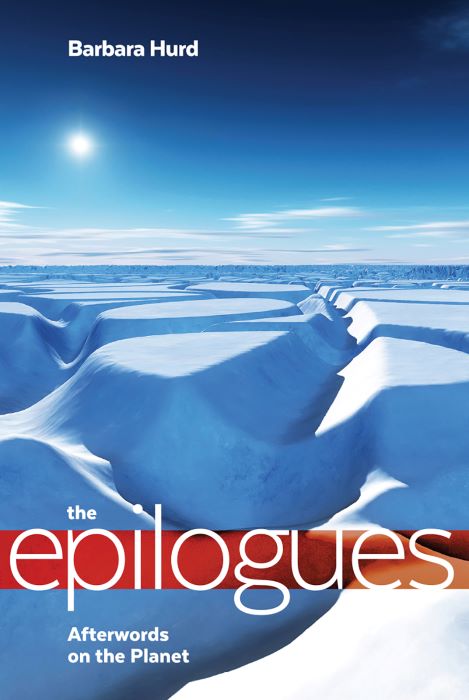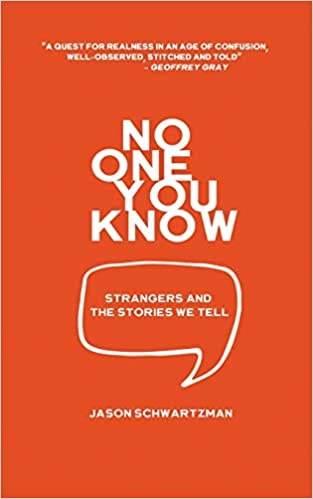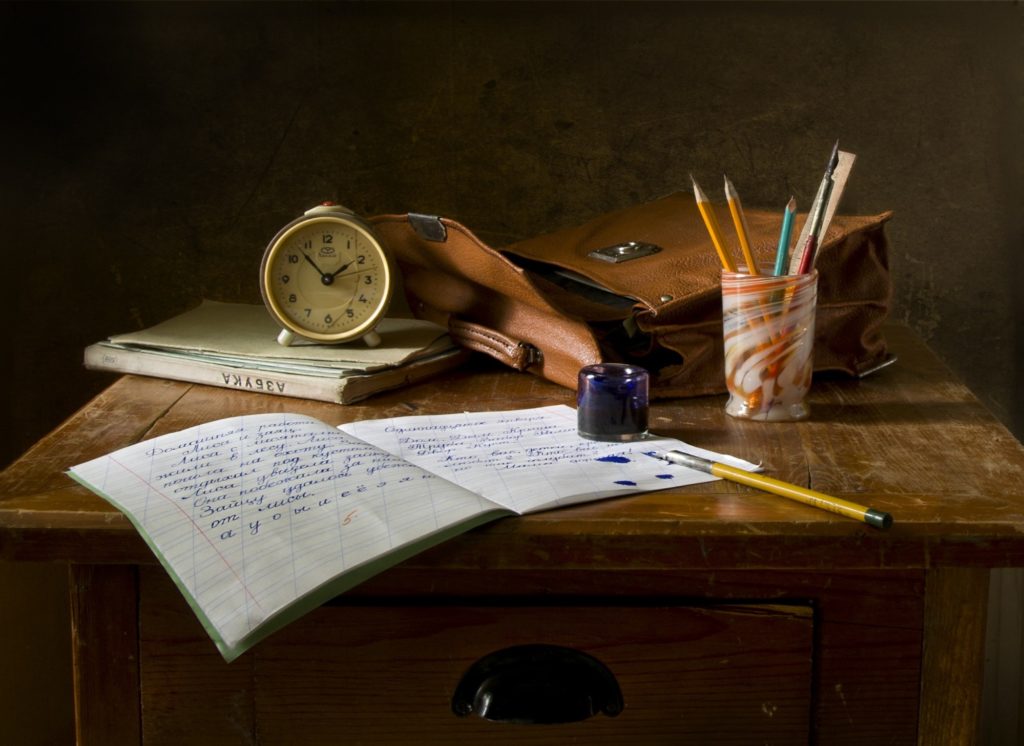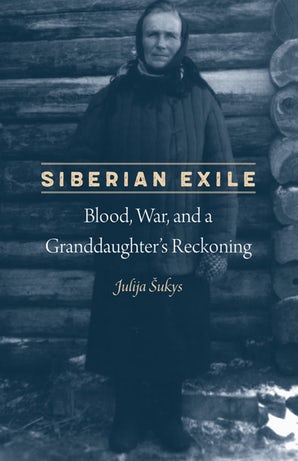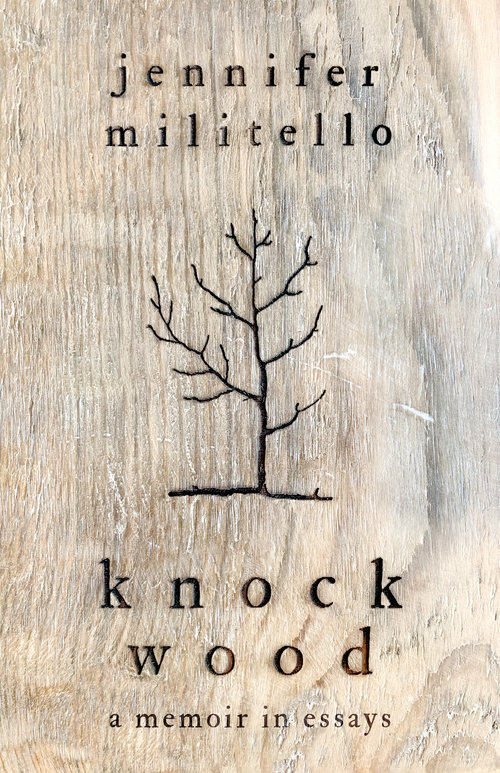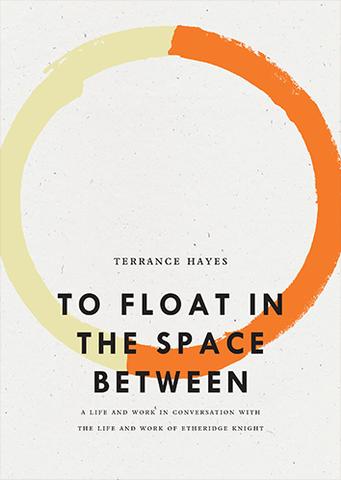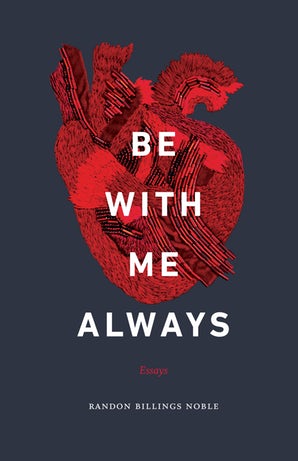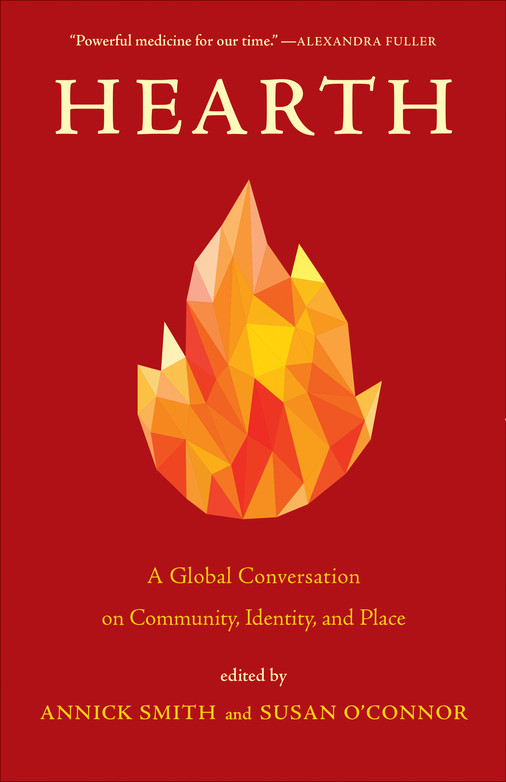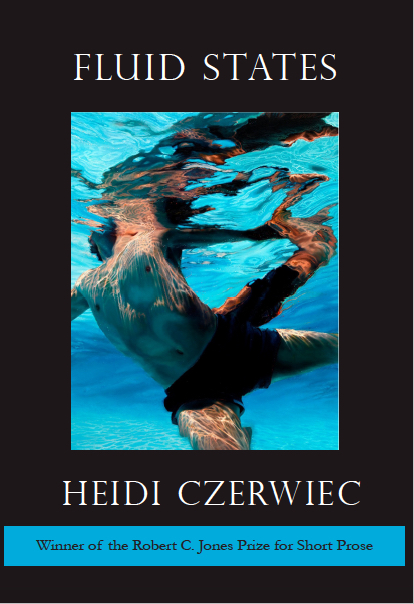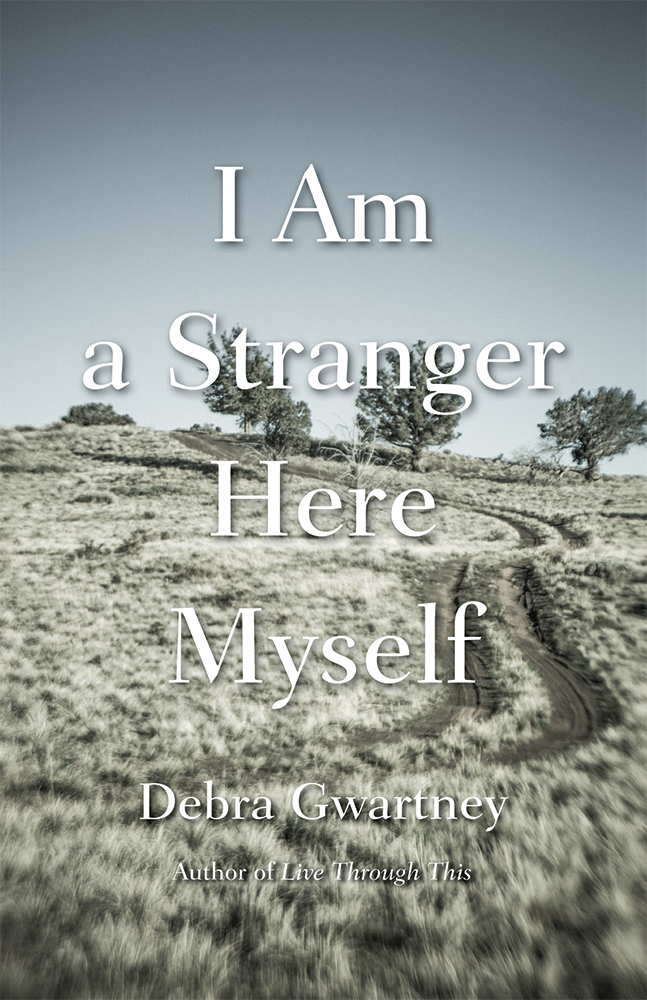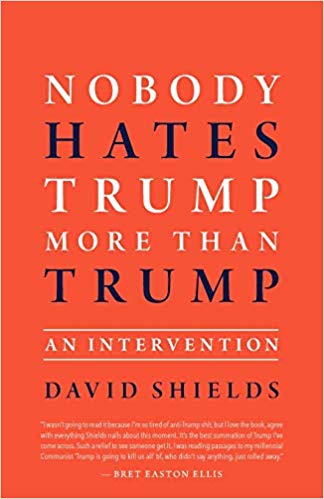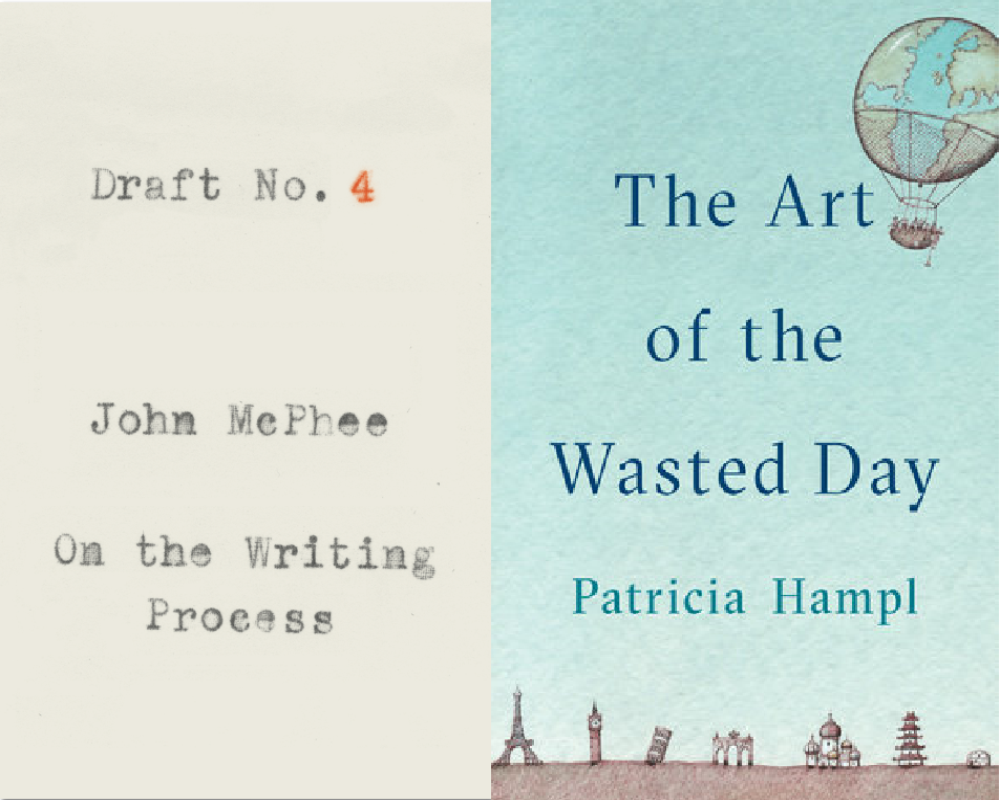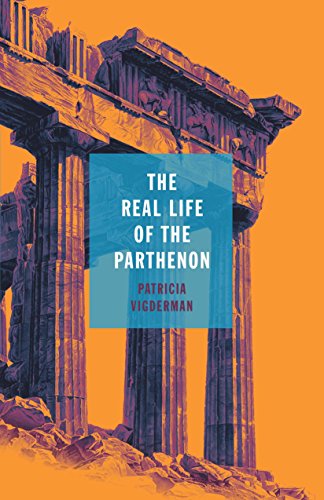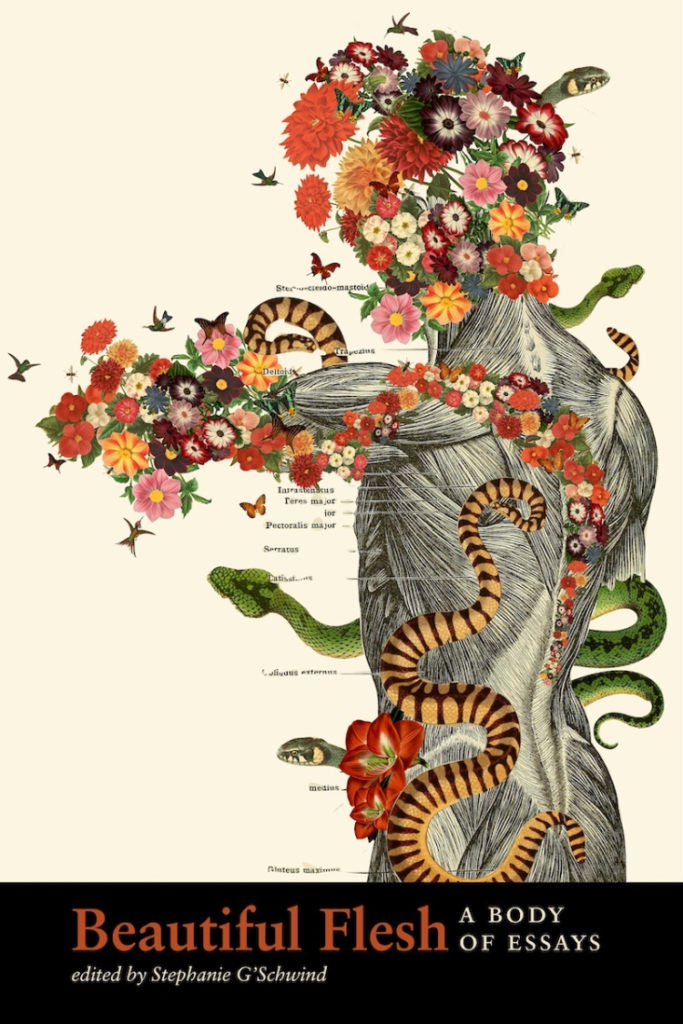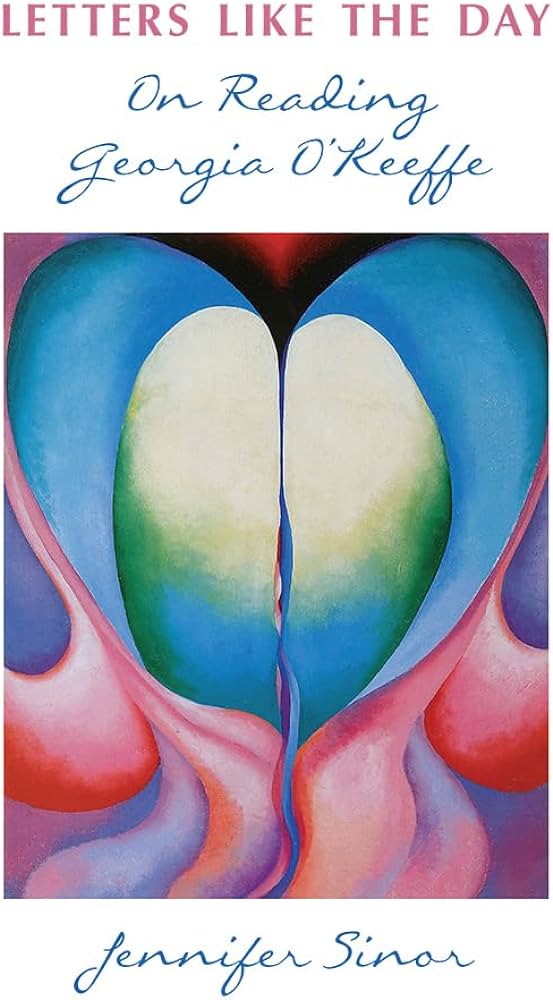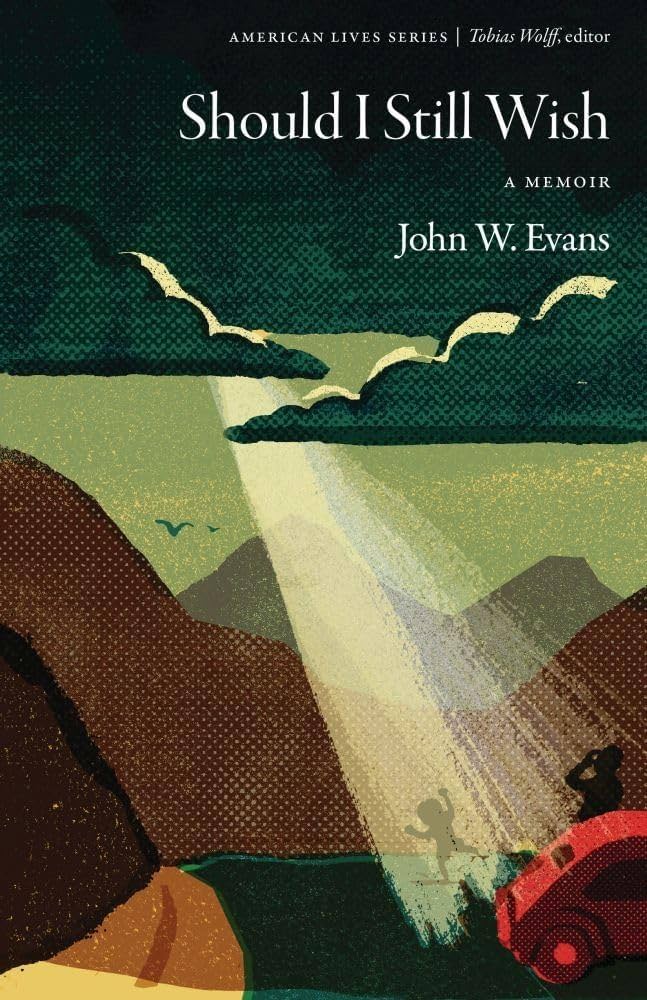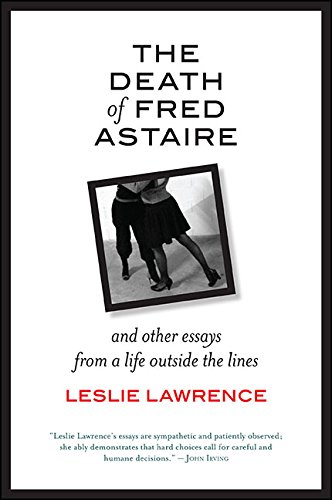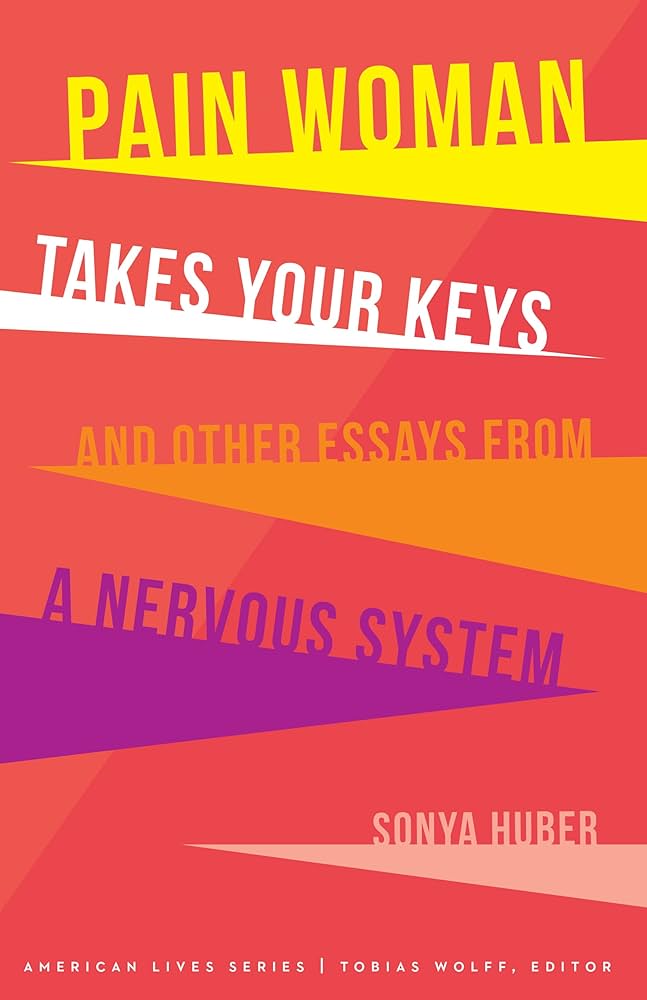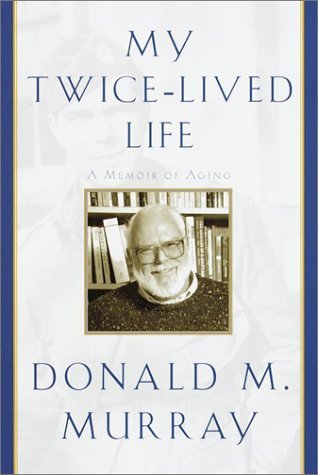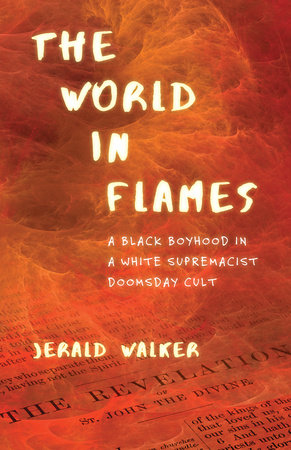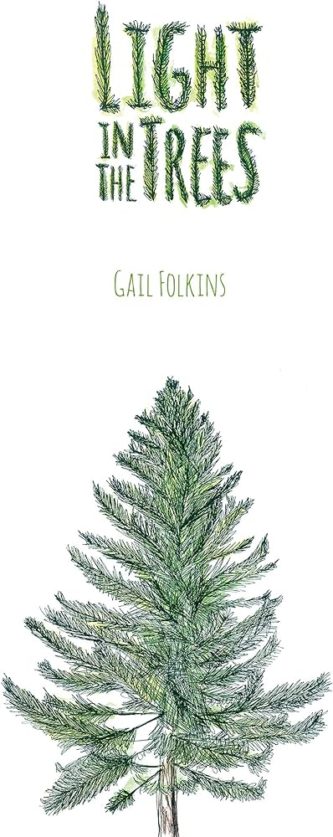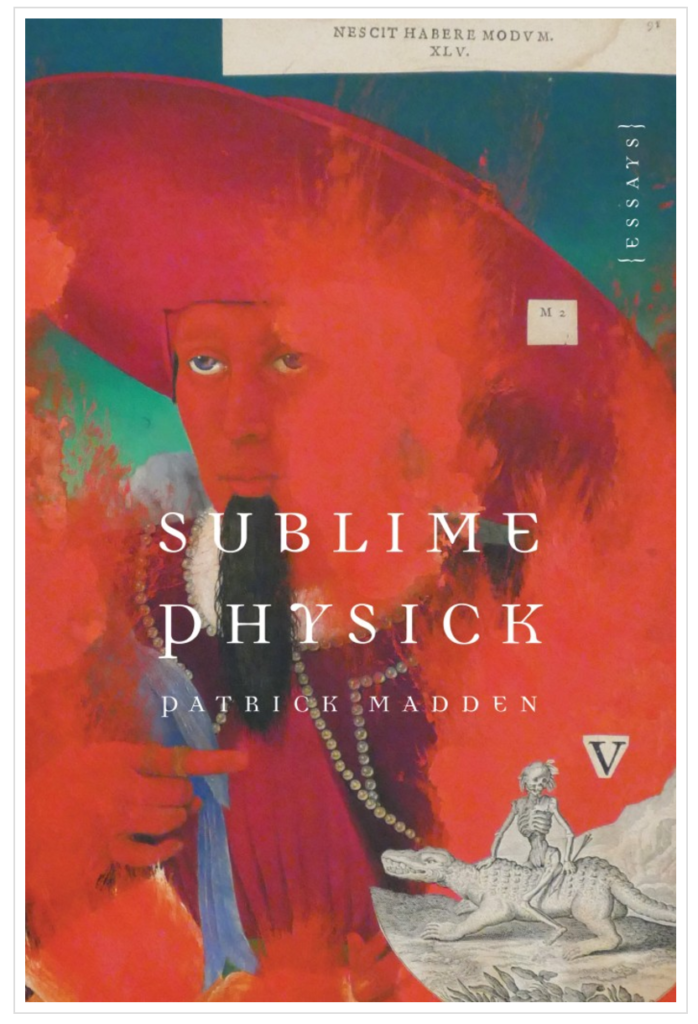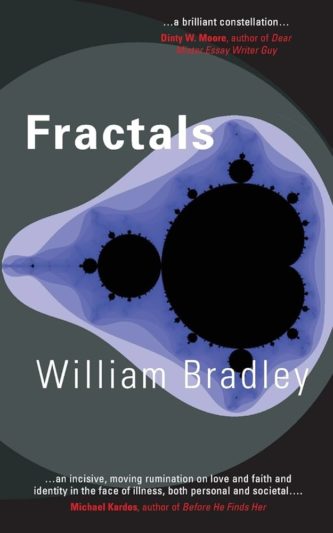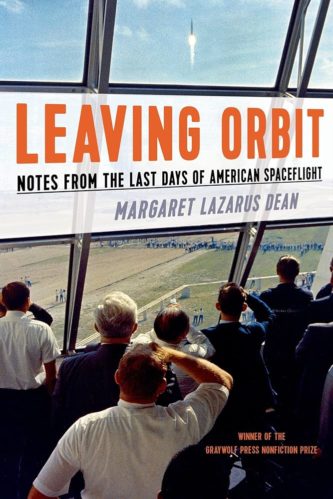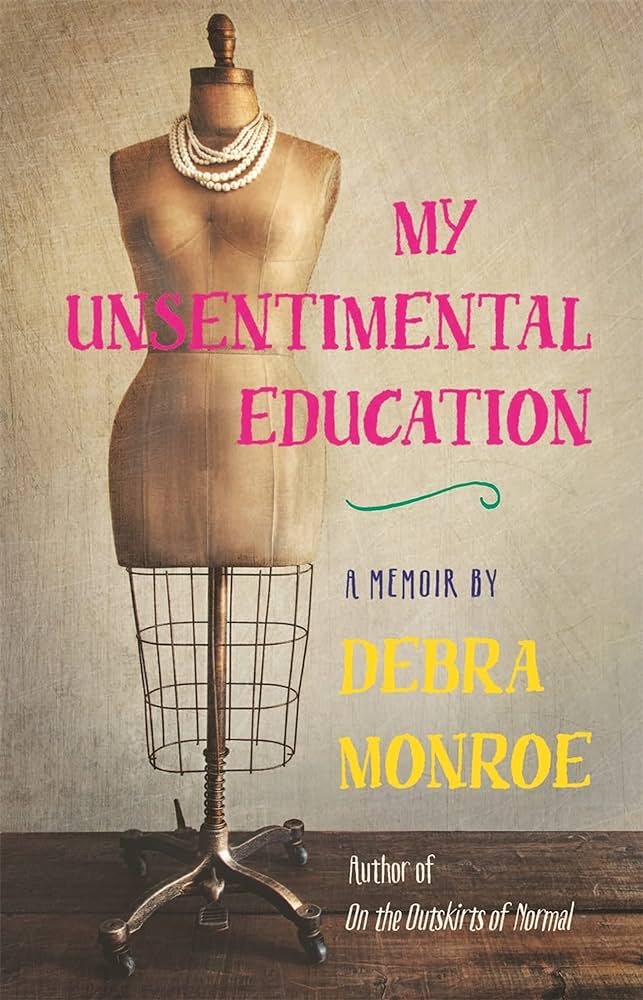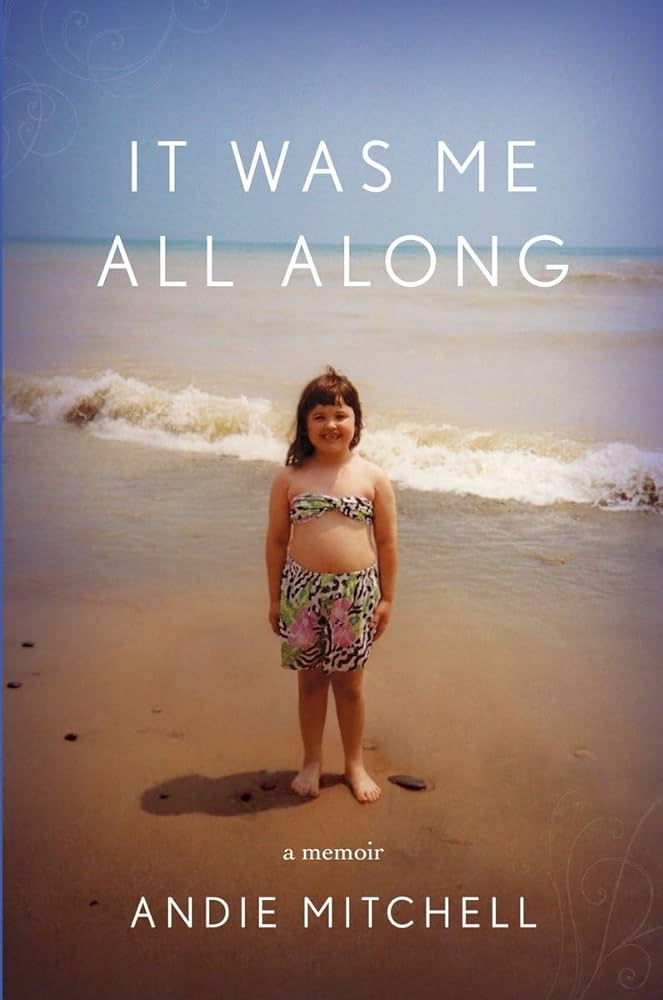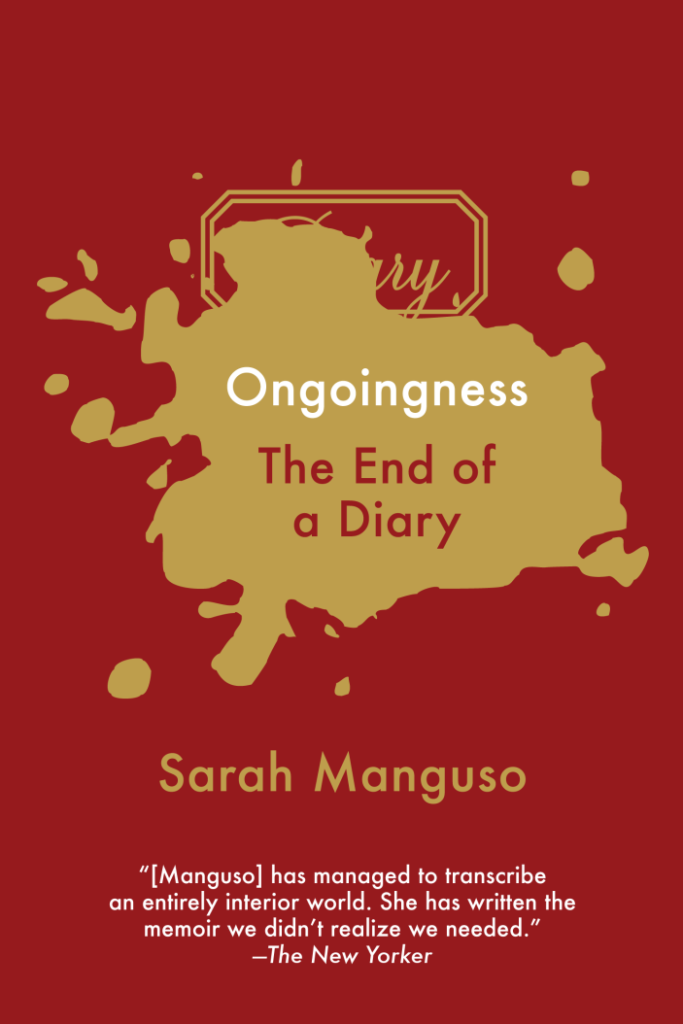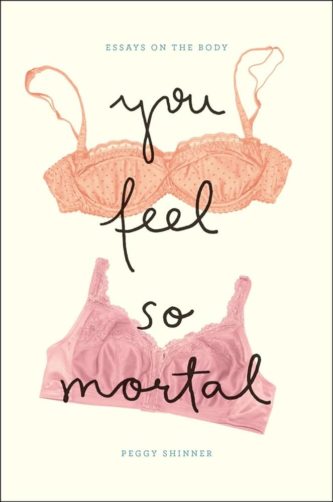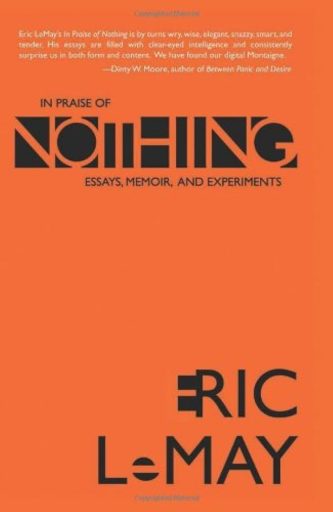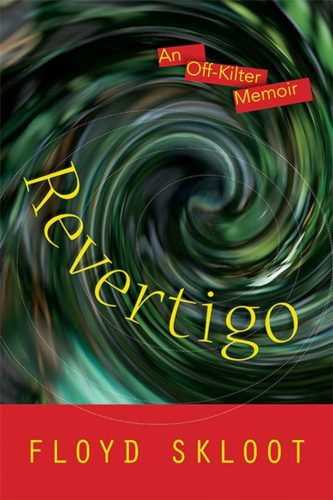by Beth Alvarado
Late Work: A Literary Autobiography of Love, Loss, and What I Was Reading by Joan Frank
Looking for a “successful” author/writer to help me with my book. That was the subject line on a recent email. I had no interest in working on a biography of a military general. And I confess to being annoyed. Why is my success in quotation marks? I wanted to ask him. But, just in case he turned out to be brilliant, before turning down the work, I did my research. Was there any intrinsic value, any way this project might serve me, above an hourly wage? He was a Vietnam veteran. Maybe reading his work would help me in my mentorship with another veteran of America’s post-9/11 “Forever Wars”? Or inform a novel I wanted to revise? The guy said he’d published a book. I went online. I read a few pages. Completely expository. No spark to the prose. Ah, I thought, he needs a ghostwriter.
My need for money fell away. I recommended a local writer to him, but this writer turned the work down, too. “He is being commissioned by the wife of the general,” my friend told me. “He has boxes of documents he wants someone to go through.” It was all worse than I’d imagined. I could see myself late at night sitting on the floor, sifting through boxes of military memorandums. This guy wanted a secretary, a typist, and he figured that I, with only four small-press books to my name, fit the profile. No wonder he put “successful” in quotation marks.
His definition of success was probably John Grisham, maybe Tim O’Brien. I had long ago taken to heart Alice Mattison’s advice to resist comparing my writing career with that of others. Still. I spent way too much time mulling my irritation instead of just letting it go. Joan Frank, in her new essay collection, Late Work, writes about that “falling away” of concerns as a writer ages. We sometimes let friendships go, we don’t finish reading books that don’t compel us, we redefine what ambition means, but we can still be caught in the trap of comparing our work, our successes, to those of others.
In fact, Late Work begins with just this conflict. In “What Would John Williams Do?”—Williams was the author of the lately renowned novel Stoner—Frank recounts a conversation she had at a cocktail party with another writer who was describing “rampant writerly success. Travel, publication, money.” After this other author’s good fortune with a new book, the author had snagged a top-tier agent who’d sold the next book for a high five-figure advance. This writer, tall and smiling, teeth flashing in the late afternoon sunlight, hoped for six figures. Frank confides to the reader that she wanted to disappear. The only thing she was hoping for? A “handful” of her husband’s Ativans.
Frank calls ambition a “bomb-like subject” while admitting that, though it gets a bad name in art, ambition is necessary, “keep[ing] us alive and fertile as artists, audacious as explorers and adventurers.” She quotes Lee Upton who says, “The aim of ambition is what matters.” So what is Frank’s aim? What drives her? The answer isn’t simple.
She includes herself when she says that writers are aiming for various things: truth, artistic integrity, to make something beautiful or new, to connect with readers, to create work that brings change—yet all these things are ephemeral and need constant redefinition. Ambition, she says, can also mean “seizing as many chances as possible to be generous” by supporting the work of others. Especially as we get older, our ambition might be to emulate “any writer we’ve admired across the years, dead or living, who quietly persisted at making work that matters.”
In “Your Baby’s Ugly,” Frank writes about visiting a book club where, after buying and sharing wine and cheese with the group, they question the believability of the relationships among the novel’s characters, Frank’s emphasis on interiority, and her use of sentence fragments. She admits to feeling “somewhat brutalized.” Having myself just had a similar experience in a classroom where I was a visiting writer, I appreciate her vulnerability. This, too, is something we’re not supposed to talk about as seasoned writers, lest we come across as defensive. Frank notes how difficult it can be to “replenish and protect what is needed for carrying on: vigor, urgency, fearlessness. Freedom. Confidence to make a mess, to spatter.”
On that note: “You’ve Made It” should be required reading for any aspiring author or graduate student and their family members (or other first-responders). It describes the life of someone who publishes with small, independent presses: no advances, no royalties. In fact, a writer needs a day job, maybe two. It seems like material for an absurd play: a person foregoes gainful employment to sit alone in a room and write—with great agony at times—and then, if the book is published, she spends more money to travel and promote it even though she will likely never see more than $135 a year from the sales. (This number was not chosen randomly.) And if that book were to win a prize or garner an advance on a next volume? What would she do with the money? She would buy herself time to write.
One persists. This is a life, Frank writes, that we have to “re-choose and re-choose.” The essay “Ready or Not” is an homage to her own perseverance. After fifteen years of sending her novel, The Outlook for Earthlings, to agents and presses, she found an enthusiastic publisher. In fact, because she never stopped writing and sending her work out, she had three books published in 2020. Yes, in one year!
And even as we persist, even as we re-choose this life, we have our doubts. In “What Are We Afraid Of?” Frank lists them. Doubts of both beginning and experienced writers. What do others think of me? Exacerbated, of course, by the negativity of social media. Will my family forgive me? A worry that never goes away. Is my work good enough? An uncertainty that even success can’t assuage. But late-in-life fears, Frank points out, don’t go away; they deepen. We become afraid of our own cleverness, believe we’re inauthentic. We find we need to “relinquish a favored habit—of focus, ideation, style.” In other words, we “must continue to surprise ourselves.”
I wondered, as I read “I Say It’s Spinach,” if Frank had surprised herself with this essay. I felt her wrestling with the subject matter: “editorializing in the course of storytelling” or literary fiction “bearing a Message, with a capital M.” I loved the energy of her prose as she worked through this conflict. She cites writers like Toni Morrison and Rachel Kushner who balance the messiness of creating human beings in stories with their own agendas for telling them. “Again: my argument is never with Cause,” Frank writes towards the end of the essay. “It’s with the accelerating problem of Cause preempting the integrity, weight, and fluid primacy of art, or Story.”
But who gets to define what artistic integrity is? Aesthetics and craft choices are always bound by culture. Read Toni Morrison’s essays in Playing in the Dark! And, maybe, to Frank’s point, compare them with one of her novels? Is there, as Frank seems to think, a place for the overtly political in nonfiction but not in fiction? The question is open.
One reason I’m drawn to “I Say It’s Spinach” is that it pushes at the edges of the personal, queries the larger culture in ways that some of the other essays do not. I mean, after all: why is it that the successful writer urged Frank, at that cocktail party, to come up with a male protagonist, to have “more stuff happen,” if she wanted to attract a New York publisher? Is the question too obvious: why does marketing drive everything, even art? Or maybe Frank did ask that question, however subtly, and I simply still have an axe to grind.
Given all of this: “How can I go on . . . to what end . . . and for what purpose?” These are the questions the book sets out to answer. The perennial questions of the artist are perhaps felt more acutely as we age—although I remember them weighing more heavily when I was a mother who also taught full-time. Frank quotes T. C. Boyle, the author of thirty-two books and counting, as saying he sacrificed everything for his art. I feel, more like Grace Paley, that I’ve been too busy living to write a novel. To paraphrase James Baldwin, writing is something I must do. And Frank realizes that she, too, is grateful to have been able to “inhabit her calling.”
All of these statements are profound. They seem to require a shift in the way we think about what makes an artist’s life “successful.” Recently, reading about the death of the world’s oldest woman, a French nun, at 118, I thought, Wow! Just think of the extra time she had to write! But she said she’d spent her life eating a lot of chocolate and drinking a lot of wine, which brought to mind another of Frank’s questions: “If you gave up making art, what would be left?”
Chocolate and wine, evidently.
University of New Mexico Press
$19.95 Paperback | Buy Now
Beth Alvarado is the author of four books. Her essay collection, Anxious Attachments, won the 2020 Oregon Book Award for Creative Nonfiction and was long-listed for the PEN/Diamonstein-Spielvogel Art of the Essay Award. Three of those essays have been chosen as Notable by Best American Essays. Her fabulist collection Jillian in the Borderlands: A Cycle of Rather Dark Tales was published by Black Lawrence Press in October 2020. Her earlier books are Anthropologies: A Family Memoir and Not a Matter of Love and other stories, winner of the Many Voices Project Award. She lived in Tucson, Arizona for most of her life before migrating to Oregon, where she is core faculty in the MFA Program at OSU-Cascades. She is the recipient of an Oregon Literary Career Fellowship.


